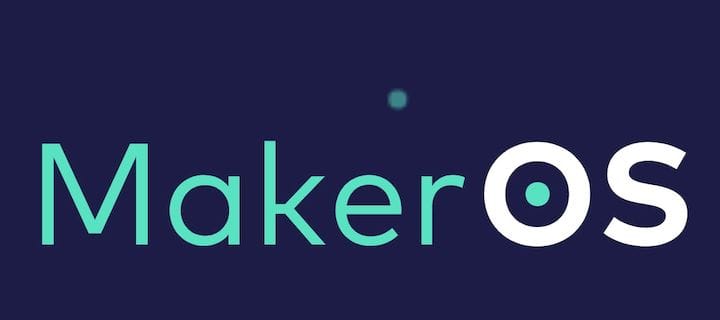![MakerOS receives significant funding [Source: MakerOS]](https://fabbaloo.com/wp-content/uploads/2020/05/image-asset_img_5eb099bed637c.jpg)
We haven’t heard much from MakerOS over the past couple of years, but they have big news today.
If you have not encountered MakerOS, they are a Michigan-based service that provides a number of powerful management functions to design and making communities and industries. Their tagline is:
“MakerOS is an end-to-end management platform for your design, prototype, and production workflow.”
And that is exactly what they do. You can login to their system to accept orders, track them, issue invoices, connect with designers, file storage, etc. They even have a unique “overflow” feature in which work can be subcontracted to others if too many orders are received. Today they boast of providing over 50 management functions to their clients.
The system is ideal for companies providing making services to the public and industry, and certainly for 3D print services.
The investment announcement is as follows:
“SVK Crypto today announced it is leading a $2 million Series A funding round for innovative, end-to-end business management SaaS company, MakerOS. With participation from EOS Global, MakerOS intends to use the funds to expand the company and integrate the EOSIO blockchain technology in their software platform.”
![EOSIO is a blockchain-based service [Source: EOSIO]](https://fabbaloo.com/wp-content/uploads/2020/05/image-asset_img_5eb099bf33822.jpg)
[Note to 3D print readers: “EOS” in the above is not the EOS 3D printer manufacturer based in Germany; it is instead another company that specializes in blockchain technologies and investments. They have apparently distributed over US$1B towards blockchain systems thus far.]
What will these funds be used for? They explain:
“The new capital will be used to accelerate the implementation of the EOSIO blockchain protocol as the central feature of MakerOS’s Overflow service. This will enable businesses to connect, share and collaborate on projects with verified reputation – ensuring quality and standards are met.”
I find this quite interesting, as the blockchain tech should allow for portable, secure and reliable data flow within the MakerOS system. This is quite important for some in the industry, as designs can be critical intellectual property that cannot be exposed.
Blockchain tech would ensure there is a flawless ledger of transactional activity in case of disputes. Thus, for example, a company could undisputedly prove they “had it first” by referring to the blockchain.
That is, if they were using MakerOS after implementation of the new technology.
Another key benefit of the blockchain tech would be to allow for completely distributed operations. Much of MakerOS’ activity occurs between a manufacturing company and its suppliers and clients. In almost every case, these entities operate separately in a distributed manner. Sometimes they are required to operate entirely independently due to the nature of the organizations and their security regimes.
By introducing a blockchain-based technology that can provide trust even in distributed mode, MakerOS may be able to provide a way for otherwise disconnected parties to operate smoothly just as if they were all in the same building.
If MakerOS is able to develop appropriate uses for blockchain tech, we believe they should be able to attract a new class of clients to their service — and more than likely it will be the larger ones. Thus, the investors in MakerOS should be able to get their money back and much more.
Via MakerOS











MakerOS has a brilliant hidden feature in their online service: a sophisticated 3D print pricing calculator that allows operators to determine exactly how to price prints.